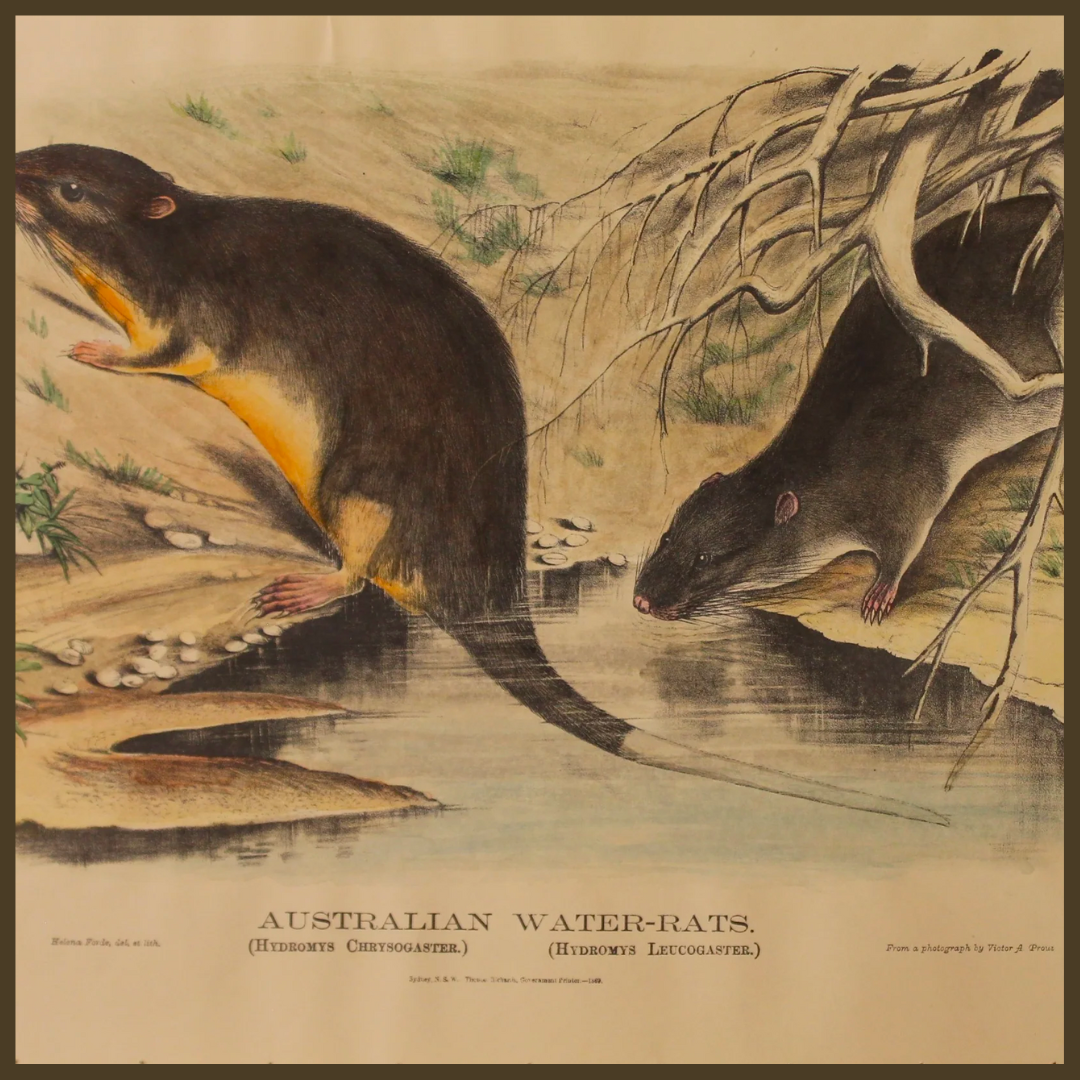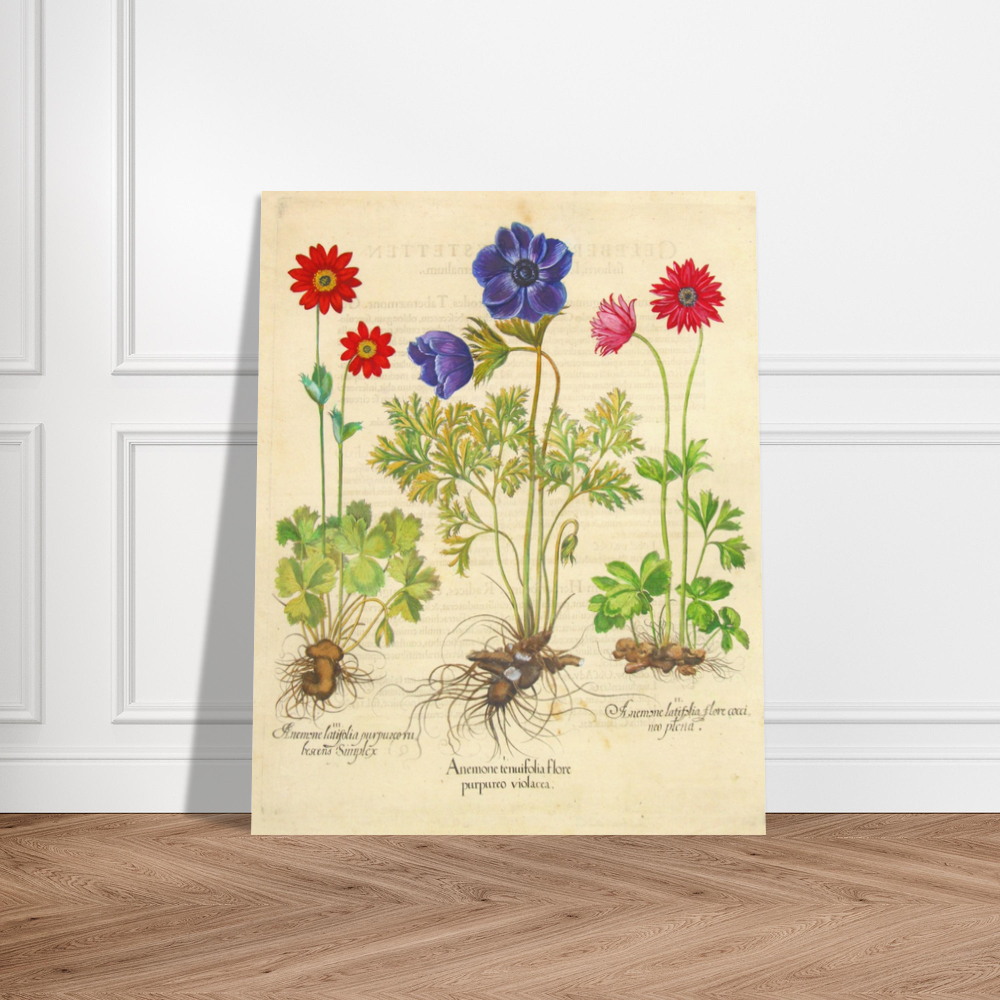
THE HISTORY OF ENGLISH SPORT
Share
The English have always been 'addicted to sport', whether jousting, long-bow contests, fisticuffs or early forms of football. King Henry VIII was very fond of both jousting and tennis before he grew rather stout, full of gout and could no longer play.
The games that people played often depended on their status in life, but by the mid-1800's, this distinction began to blur a bit.
Upper-class men still spent their time at field sports like hunting, fishing and shooting, as many were landowners and were able to host hunting events. Fencing was becoming more a form of exercise rather than a survival skill and cricket had been invented and was pursued with zeal.
Polo is perhaps the oldest of the team sports and the first recorded tournament was in 600BC. It originated in Persia and the game is often associated with the rich and noble of society. played on horseback, in the middle ages it was used in training the cavalry. It first became known to western people via the British tea planters in Manipur and spread to Malta with soldiers and naval officers.
The first game in Britain was in 1869 and was first referred to as "hockey on horseback" the first official written rules were referred to as the Hurlingham Rules of 1874. Polo has always been linked to the middle and upper class in Britain with its origins being linked with the militia. This is also perhaps because it is a game played on horseback, requiring at least 2 horses per game...an expensive hobby to maintain.
Class distinctions blurred at other forms of sport though. Boxing was extremely popular at all levels of society - even though it was forbidden by law. Large crowds turned up to watch prize fights, and betting could be very high.
Horse racing was another sport that was beloved by all classes of society and even women went to watch and bet. Young gentlemen of means - and sporting vehicles - often challenged each other to curricle races. These were run on the open road, very much to the consternation of normal traffic.
History of cricket dates back to England in 1550, where there is evidence of the game being played in Guildford, Surrey.
The word cricket is derived from the Anglo-Saxon word cricc which means a shepherd's staff. It is thought that the first players were English shepherds who used their criccs as bats. There is also evidence which shows that it was played in several parts of Kent and Sussex in the 1600s. The oldest surviving set of cricket laws date back to 1744 in which they were printed on a handkerchief, but the rules were formalised by Marylebone Cricket Club (MCC) in 1797. It was in 1805 that the first permanent fixture was played between Eton and Harrow, and has been played annually ever since.
Cricket then spread and became popular in other countries that were occupied by the British like Australia, New Zealand, West Indies, South Africa, India and Pakistan.
Rowing had been used as a means of transport in Egypt, Greece and Rome but became a sport England in the late 17th and early 18th centuries. The oldest rowing contest in the world is said to be Doggett's Coat and Badge Race which has been held annually since 1715 and has been contested by watermen and lightermen for more than 300 years.
Other renowned boat races began in 1828 with the Oxford-Cambridge University boat race and the Henley Royal Regatta which started in 1839. The sport was exported to America in the 19th century. Rowing has been staged at all editions of the Olympic Games except in 1896 when a stormy sea caused cancellation of the event.
In the United Kingdom, the term hunting with no qualification generally refers to hunting with hounds, fox, stag and mink hunting being the most popular amongst them. What is sometimes referred to as deer hunting is actually called deer stalking and all were very popular amongst the country gentry.
Shooting referred to the shooting of game birds. According to the records of the British Association for Shooting and Conservation (BASC) over a million people a year participate in shooting, including stalking, shooting, hunting, clay shooting and target shooting. To undertake shooting in the UK today, a valid firearms license and insurance is required.
Fox Hunting is an activity involving the tracking, chase and killing of a fox, traditionally a red fox, by trained foxhounds or other trained scent hounds. A group of unarmed followers, led by a "master of foxhounds" or "master of hounds", follow the hounds on foot or on horseback.
The sport of fox hunting with hounds, as a formalised activity, originated in England in the 15th Century in a form very similar to that practised until February 2005, when a law banning the activity in England and Wales came into force. A ban on hunting in Scotland had been passed in 2002, but it continues to be within the law in several other countries including Australia, Canada, France, Ireland and the United States. In Australia, the term also refers to the hunting of foxes with firearms similar to deer hunting.
The sport is controversial, particularly in the United Kingdom. Proponents of fox hunting view it as an important part of rural culture, and useful for reasons of conservation and pest control while opponents argue that it is cruel and unnecessary.
Football was very popular with the lower classes and it was always traditionally violent, loud, and dangerous to bystanders as well as players, This was probably why the lower classes liked it; it was exciting. In the 1400's football was basically the same as now but there were not as many rules. The ball was also different; it was made from a farm animal's bladder. The object of the game was to kick or throw the ball into the opponent's net. Football had no lines on the field for boundaries and there was no limit to the number of players on a team. "Tudor Sports and Pastimes" reports that goals posts were one mile apart. People were often hurt or even killed while playing football because it was highly competitive and violent.
People often used football to vent anger. Because of this, Henry VIII banned the sport since the hurt men could have been used in the army. Football is more a fight than a game... sometimes their necks are broken, sometimes their backs, sometimes their legs... football encourages envy and hatred... sometimes fighting, murder, and a great loss of blood. It was a very physically dangerous sport in those times.
Another dangerous but popular sport in its day was Jousting. The object of jousting was to knock the opponent off his horse by charging at them with his lance. Jousting tournaments was a sport of the rich and was an opportunity to show off their horses, armour and their clothing. The tournaments were all about a show and the audience having fun. Over time, it became more about showing off than sport and this led to its demise over time. By the 1600's, jousting was no longer a sport.
Archery was another fun sport played in the Tudor times and there were laws regarding regular practice of archery as this was a skill actively used in battle and led to some pretty convincing victories against the French because the British were such proficient archers.
An early version of tennis was played during the Tudor times. It was imported from France but was very expensive so only the rich played. The racket frames were made of wood and the strings of cow gut. The balls were made of fabric scraps and string. From tennis, a form of badminton evolved and was called shuttlecock.
Women were not involved in sport as women had very few rights. Everyone gambled on sports outcomes. Even children gambled using their little trinkets. The 1700-1800' s brought great change to sport. New sports like cricket were played and football remained popular.
Rules were introduced and became more refined and organised teams were formed. The biggest advancement was that women started to play sports like cricket.
Cricket became the new popular sport in England. A match could last up to 5 days and have as many as 2 innings. The English loved it! Women played and childrens teams were formed for the practise of games between schools. The first cricket club was established at Harnbledon in Hampshire. This Club helped to establish rules and techniques of the game that are still in use today.
Today the banned sports of tennis has been reintroduced and football has been and continues to be the most popular sport in England and Europe today. Cricket continues to be England's National Sport but many believe that football should be. England remains the centre of one of the world's biggest tennis tournaments. Wimbledon is the oldest and most famous of all the grand slam tennis events and is played in June when the weather is supposed to be at its best. A Wimbledon tradition is that spectators eat strawberries and cream while they watch the matches.
Everyone watches sport for basically the same reasons today. In the past during Tudor times, it was often to relieve anger and stress. Today, it is more about getting together for fun and relaxation. People watch for entertainment and pleasure!



